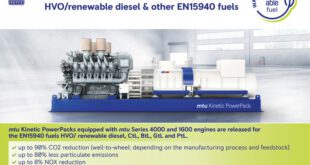You just have to read this article I found today about transporting gasoline, in relation to the tanker fire in the SF Bay Area last week that melted a freeway overpass and snarled a key thoroughfare of the region in the process. Lisa has done marvelous job of explaining the [tag]oil transport[/tag] buisness and how we could all do something to make our roads safer and save fuel.
Cutting risk of tanker accidents starts with [tag-ice]conservation[/tag-ice] habits
Using more gasoline turns us into unwitting daredevilsSunday, May 6, 2007
Since last weekend’s horrific explosion and freeway collapse caused by a [tag-tec]gasoline [/tag-tec]tanker, most of the blame has fallen on the driver, but it’s important to remember that that gasoline, which was headed toward a station on Hegenberger Road, had all of our names on it. The accident is a reminder that those of us who use gasoline — virtually everyone — play small parts in an enormous and largely invisible trade in toxic, flammable fuels.
The risks seem counterintuitive because gasoline has become an integral part of Americans’ safety strategies. Wanting to feel secure while driving, we’ve bought bigger, heavier cars — which happen to use more gas. Seeking what some consider safer communities, we’ve bought homes in farther suburbs and incidentally acquired long, gasoline-intensive commutes. Frequently we compensate for the long commute by buying a bigger vehicle and using still more gas.
Since the early ’90s Americans have increased the amount of gasoline we consume by a steady 1 to 2 percent a year. Underneath the predictability of our gasoline-intensive lives, we’re riding a river of risk.
Read the rest of this article at SF Gate
It is worth your time
You can also check out Lisa’s book too!
 Alternative Energy HQ solar power for homes, wind energy, and bio fuel issues
Alternative Energy HQ solar power for homes, wind energy, and bio fuel issues






